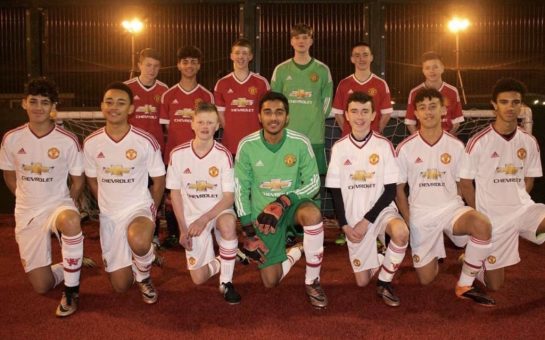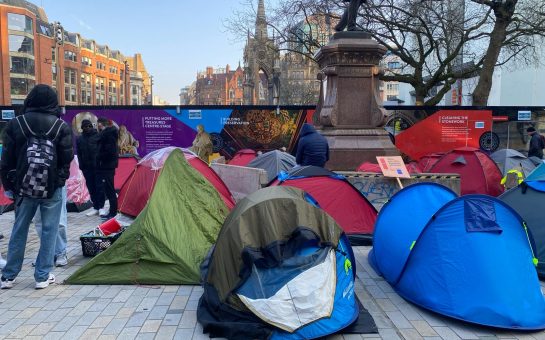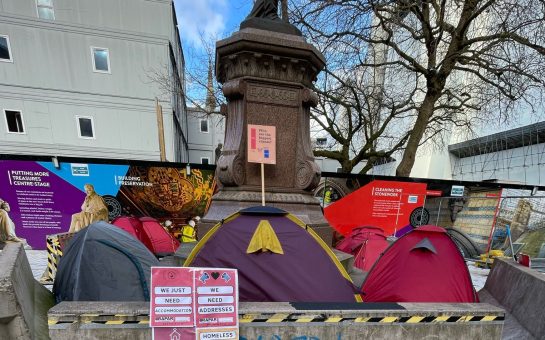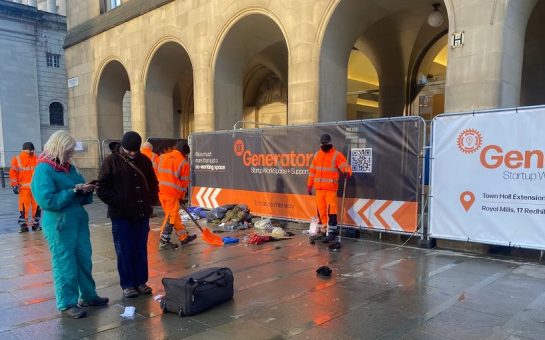As with most important issues at the moment, the settlement of refugees in the UK is being overshadowed by Brexit.
Refugees represent just 0.25% of the UK’s population, but you could argue that never have so few people faced so many challenges.
In a recent MM interview with a Sudanese political refugee, he spoke of the struggles of refugees getting into work because qualifications in other countries do not translate into the necessary qualifications in the UK.
Refugees do not necessarily represent the poorest and neediest group of immigrants because it consists of people that were forced to leave their native country and have not come solely for economic improvement.
Theoretically, a lot of educated and well-trained refugees should be able to apply for and obtain jobs they would in their native country, but they are finding immovable barriers to doing this.
The 2017 all-party report ‘Refugees Welcome? The Experience of New Refugees in the UK’ also suggested that job centre staff were not sufficiently trained to help navigate their path into employment.
Housing is also an issue. Within 28 days of receiving refugee status, they have to find permanent accommodation and their average cash allowance of £36.95 is stopped.
At this point, if they cannot find work then they can apply for the same benefits that a UK citizen is entitled to.
Refugees are finding it hard to provide an income once they are here and become reliant, which is one of the reasons that they sometimes receive a negative perception from their new community and more needs to be done to break down the barriers between them and the local population.
MM spoke to Andy Cheshire, community manager at Curzon Ashton FC, who has established schemes to help integrate refugees living in Tameside including a free football session every Thursday from 10:30 to 12:00 to try to help integrate the area’s refugees and asylum seekers with local players.
Participants also receive free kit and free family season tickets to all first team home games.
He told us: “The perception is that they receive everything and are better off than working-class white communities in the area.
“We aim to educate the wider community on the struggles of refugees – the geographic, economic, environmental and social situations they have left behind and providing some truths as opposed to myths about what they receive here and what is available to them.”

SHOW OF FRIENDSHIP: Curzon Ashton’s Andy Cheshire says with growing refugess numbers in Tameside it’s important Mancunians make them feel welcome
The initiative has been funded by the public service provider Serco in partnership with Tameside Council’s housing department and is seen as a promising step to increasing support for refugees in the area, something Andy thinks is desperately needed.
“There are no services for refugees in the area. There are no social activities for them. There is nothing in the form of recreational activities.
“We are an inclusive club and want to reach out to, and engage with, our local community through programmes like this that cost nothing.
“Refugees and asylum seekers make up a significant number in Tameside now and we wanted to be able to provide them with leisure and recreational activities that could also equip them with a range of skills that will assist them in their day to day lives.
“It’s also a show of friendship – a welcoming face for them.”
This is a constructive step towards helping refugees integrate, especially in a time of political instability and scepticism towards immigration.
Similar initiatives need to be established to ease the hardships suffered by refugees when they arrive in the UK.



